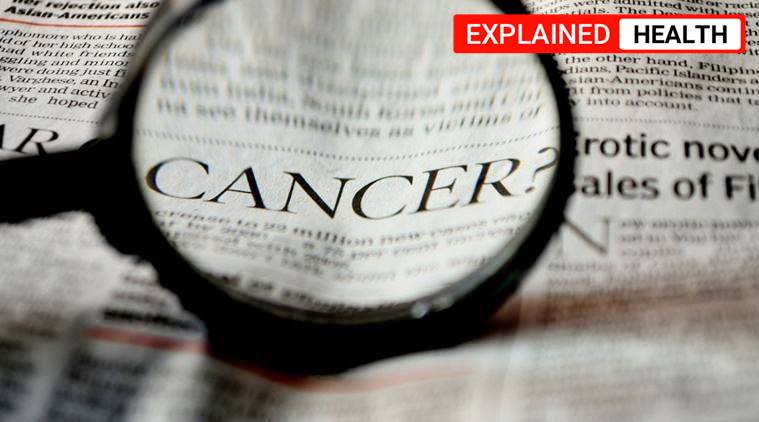New Research: Study links long-time cancer with risk of severe Covid-19
The study examined 156 cancer patients who were diagnosed with Covid-diagnosis between February 29 and May 12.
 The study examined 156 cancer patients who were diagnosed with Covid-diagnosis between February 29 and May 12.
The study examined 156 cancer patients who were diagnosed with Covid-diagnosis between February 29 and May 12.
New research has examined the relationship between cancer and Covid-19. It has found that cancer patients diagnosed more than 24 months ago are more likely to have a severe Covid-19 infection. So are cancer patients of Asian ethnicity or who were receiving palliative treatment for cancer.
The study was published on Wednesday in Frontiers in Oncology. It was conducted by researchers at King’s College London and Guy’s and St Thomas’ Foundation Trust.
The study examined 156 cancer patients who were diagnosed with Covid-diagnosis between February 29 and May 12. Of these patients, 82% mild or moderate Covid-19 infection and 18% had severe disease. Using advanced statistical methods, the researchers associated their demographic and clinical characteristics with Covid-19 severity or death.
In follow-ups 37 days later, 22% of the patients were found to have died. Patients with Asian ethnicity, palliative treatment, or a diagnosis of cancer more than 24 months before onset of Covid-19 symptoms were at higher risk of dying. Patients who had dyspnoea (shortness of breath) or high CRP levels (common blood marker of inflammation) were also at higher risk of dying from Covid-19.
Severe Covid-19 infection was associated with presenting with fever, dyspnoea, gastro-intestinal symptoms or a diagnosis of cancer more than 24 months previously.
Most patients in the study cohort were male, from a lower socio-economic background; half were white, 22% black and 4% Asian. Hypertension was the most reported comorbidity followed by diabetes, renal impairment and cardiovascular disease.
The most common tumour types were urological/gynaecological (29%), haematological (18%), and breast (15%). When classified according to Covid-19 severity, the largest proportion of cancers were haematological (36%).
— Source: King’s College London
- 01
- 02
- 03
- 04
- 05






































